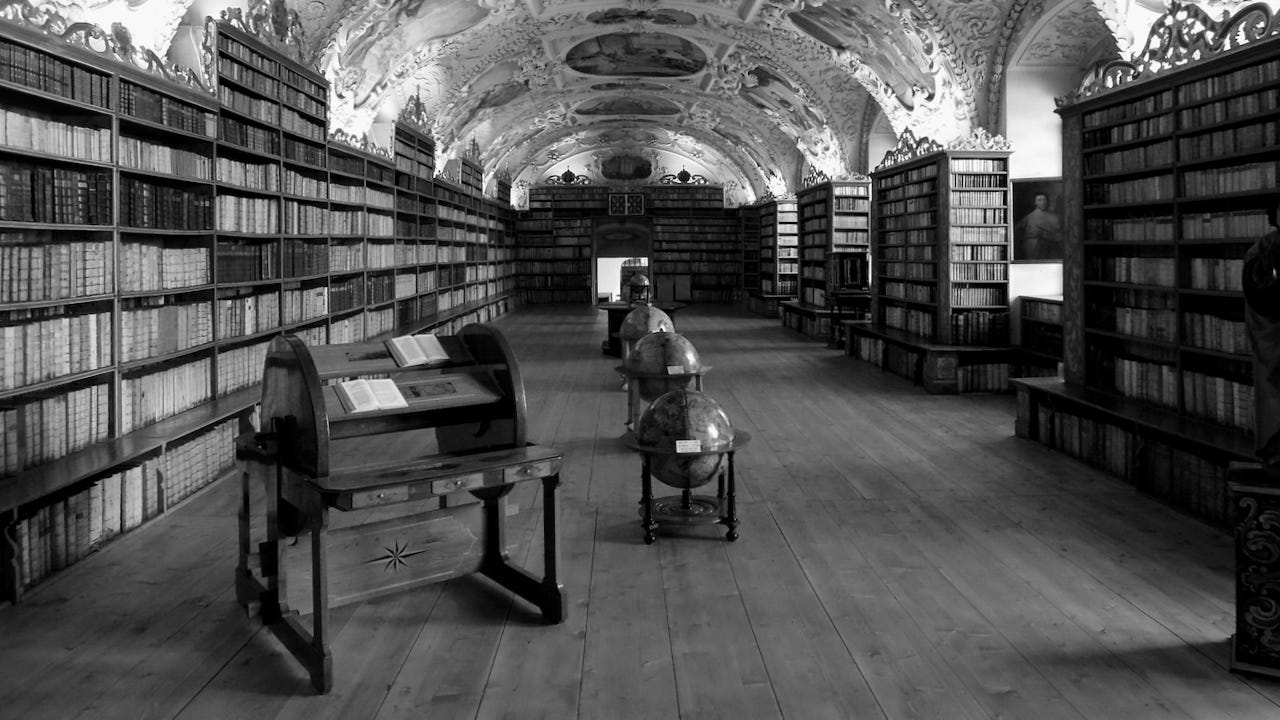I can’t escape the conclusion that teachers don’t exist. They’re imaginary. They’re social creations. They’re convenient fictions. In some ways I want to push my conclusion further: teaching isn’t even possible. It doesn’t exist and it, consequently, never occurs. Especially if you imagine a teacher who stands before a student, opens the student’s skull, and then pours information into the student’s brain—with teacher as pitcher, student as receptacle. Our schools don’t contain any teachers, universities aren’t places for instruction, and, more broadly, nobody has ever really taught anything at all.
Of course this is a troubling conclusion for anybody who has had good teachers, and I can certainly consider my own experience with teachers fortunate. If you’ve managed to have just one, perhaps even two, significant teachers in your life, that’s an experience worth savoring, and can even be, with just that foundation, enough to alter your trajectory. Even a single instance of illumination might transform how you see the world, but many people around the world don’t even remember one notable teacher, not one lasting interaction by a respected figure who lingers in the mind long after the specific academic lessons have dissipated. A teacher who enlivens a banal subject, a teacher who conveys a previously difficult problem, a teacher who reveals a completely new perspective. I’ve had several of these notable teachers myself—an English teacher in high school, a political science professor at University—who were invaluable in shaping the person who sat down, today, to write about the nonexistence of teachers.
Keep reading with a 7-day free trial
Subscribe to Desk Notes by Charles Schifano to keep reading this post and get 7 days of free access to the full post archives.




